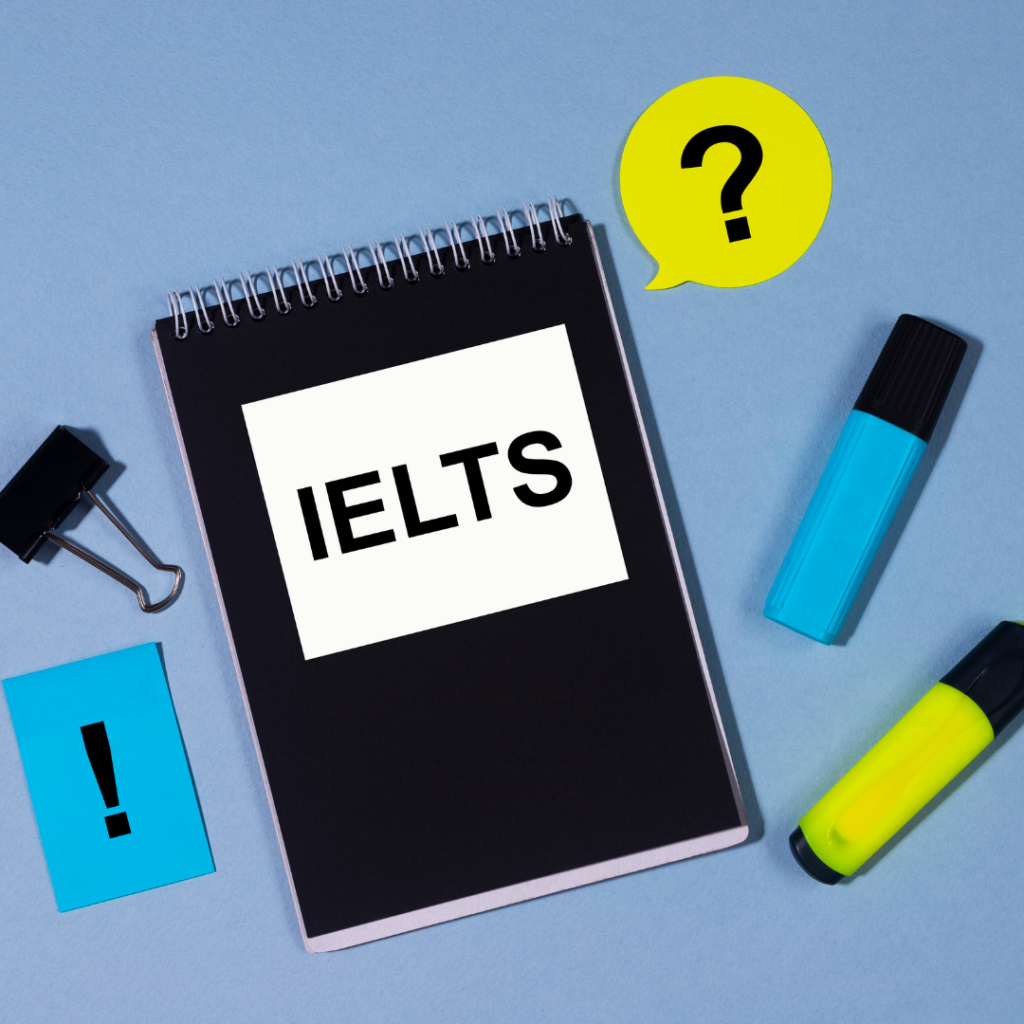How to get band 9 in IELTS listening

If you are someone who is trying to work, study or move to a predominantly English-speaking country, then you know all about the IELTS already. In addition to being aware of them, you probably also know that getting that dream score of 9 can be quite a daunting task for most people, especially those of us who don’t have English as a first language.
However, it is not an unattainable goal. Achieving a good score on the IELTS exam has a wide range of benefits, such as a diversified range of study opportunities, career opportunities as well as an increased ease in integrating with a new community. It is also a test required for visa purposes in countries including Australia, UK, USA, Canada and New Zealand.
✅ Format and Structure of the IELTS
First and foremost, it is important to know which test you want to take, as IELTS offers 2 versions; IELTS General and IELTS Academic.
Basically, both of these test versions are designed for different purposes of general immigration and academic structure.
Firstly, the IELTS academic version is mainly used to test the English proficiency of students who are planning to study in English speaking countries.
Generally, universities in these countries allow admissions of undergraduate and postgraduate courses based on IELTS academic scores.
On the other hand, the IELTS general version is designed for assessing immigrants’ language proficiency. This exam is most essential for candidates who are planning to migrate to Australia, Canada, or New Zealand.
Once you know which test you are taking, it is crucial that you understand the format and the scoring of the test.
IELTS has four main parts; Listening, Reading, Writing, Speaking. Each section is scored out of 9, and an overall score is given on a scale of 1-9.
The listening part is the first one that you will have to attempt when you start your IELTS exam.
✅ Listening
The listening part is further divided into four sections, each section having 10 questions. To answer these 40 questions, you are given a timeframe of 30 minutes.
This means that you will be listening to four different audios, and for each audio recording, you will be required to answer 10 questions.
The first recording will be a conversation between two people. Usually, these conversation topics are related to everyday life topics such as travel accommodation.
The next recording is very similar to the first one, except it will be a monologue. One person will be giving a speech or providing information.
Common topics in this section include a talk about local facilities or a guided museum tour.
The last two recording are academically or education focused. One will be a conversation between two people, commonly university students discussing a topic related to education.
The other recording will be a monologue once again, only this time it will be based on an academic subject, such as a university style lecture.
✅ Preparing for the IELTS listening test
There are strategies you can use when attempting the listening test to assure a good score. There are no popular and easy tips or tricks to secure a high score, but following practical advice from experts in the field is never a bad idea.
When preparing for a 9 band in IELTS listening, one must go beyond the basic preparation that everyone does.
You need to inculcate characteristics like a high degree of attention, quickness to respond, and a deeper ability to understand the language.
Don’t rely on your capacities just on the day of the test, rather implement the practise of listening to your everyday life well before the test.
The IELTS offer a range of practise questions that you can go through, but to secure a higher-than-average score, you will need to explore a wider range of audio input.
Listen to English speeches, various podcasts, and Ted Talks on YouTube, watch your favourite English TV shows again, but this time really listen to what they are saying, listen to music and understand meaning of words and the contexts that they are used in. Exposure to these kinds of audios can prepare you for the uncertainty of the real test audio.
However, it isn’t always possible to prepare extensively for the IELTS, that is A One Australia has experienced tutors with a 9 band in listening who are capable of helping you achieve that same score.
With a hands-on IELTS coaching course with 1-on-1 feedback, we can ease you journey to the top of the score.
People find it easier to get coaching as it makes the process easier and you can ensure getting a good grade in the first attempt. Check out our IELTS course here (link to https://oneaustraliagroup.com/ielts-coaching/)
It is dire that you practise as much as possible. Very often, people tend to be anxious when they begin the test and lose points in the first half the test, which is actually easier than the second half.
In order to get over your nerves, practise is imperative. Keep doing practise questions and attempt a few mock tests to know exactly where you stand.
These tests will identify areas where you lack, which can help you apply more effort in those areas.
A huge challenge for most people in the listening assessment are the multiple-choice questions (MCQs). This is where you can lose out on that band 9 in this part, if you are not prepared enough.
MCQs are difficult because test takers are not able to read all the options while simultaneously listening to the audio. You will need to time yourself really well to make sure that you are reading all the options before the audio catches up.
The only way to do this is to allot more time to the MCQ section than to the previous sections. The options for each question are very similar and without listening for the proper meaning, it is very difficult to choose the correct one.
A good tip for this section is to go through the process of elimination for each option. If the answer seems too obvious, or is directly in disagreement with the meaning of the audio, then they can be eliminated.
Accents can prove to be an issue in listening as well. For a non-English speaker, different accents can be hard to understand. Getting used to a few of the accents in English speaking countries can put you at a huge advantage.
It is dire to stay completely focused when listening to the audio. Give detail to every single word that the speaker is saying, who the speaker is, who they are speaking to, and the context of the conversation.
You will have time to answer roughly before you transfer it to the test. This is the best opportunity for you to write down the content as accurately as possible.
A person aiming for a 9 band has 100% of their focus on the audio and cannot let anything become a distraction to them.
Last but not the least, it is a good idea to have a well thought out plan for the day of the exam. People often prepare for the test extensively but let any event on the day of the exam get the best of them.
It is paramount to arrive to the test early, so you can be organised and ready for the test. Listen to the instructions very carefully, many test takers lose points because they weren’t aware of what to do.
It is important to stay calm and not let the stress of taking the test get the better of you.
The IELTS are difficult, especially for those who do not have English as there first language, but it is not an impossible feat for anyone to get their dream of score of 9 in the listening test.
Students might find it difficult to find study material or get effective feedback while learning for the test, and that is why A One Australia offers a complete IELTS course.
We offer the best IELTS coaching courses in Australia, and we can help you get your dream score in the IELTS. Our tutors have an overall score of 8.5 band, with a 9 band in listening.
The faculty will offer you guidance after understanding your coping abilities and your end goal after giving this exam. Our IELTS coaching classes motive is to minimize the distance between our students and their end goal.


![Must Read – The best courses to get the Australian Permanent Residency [PR] in 2026](https://oneaustraliagroup.com/wp-content/uploads/2024/08/ielts-ezgif.com-optiwebp-150x150.webp)
